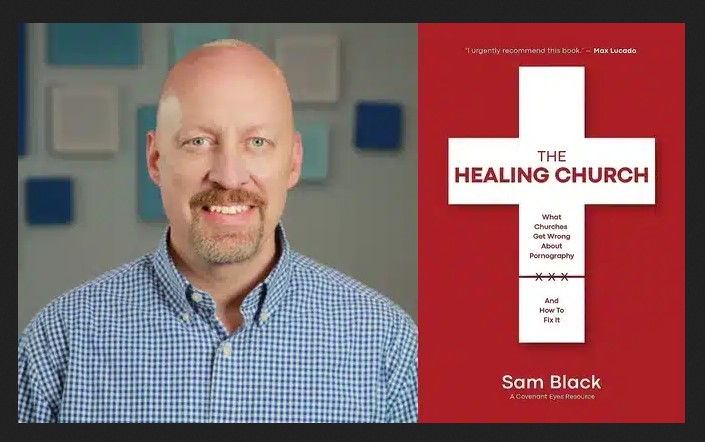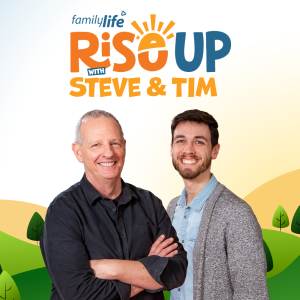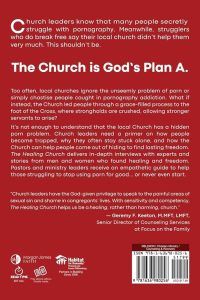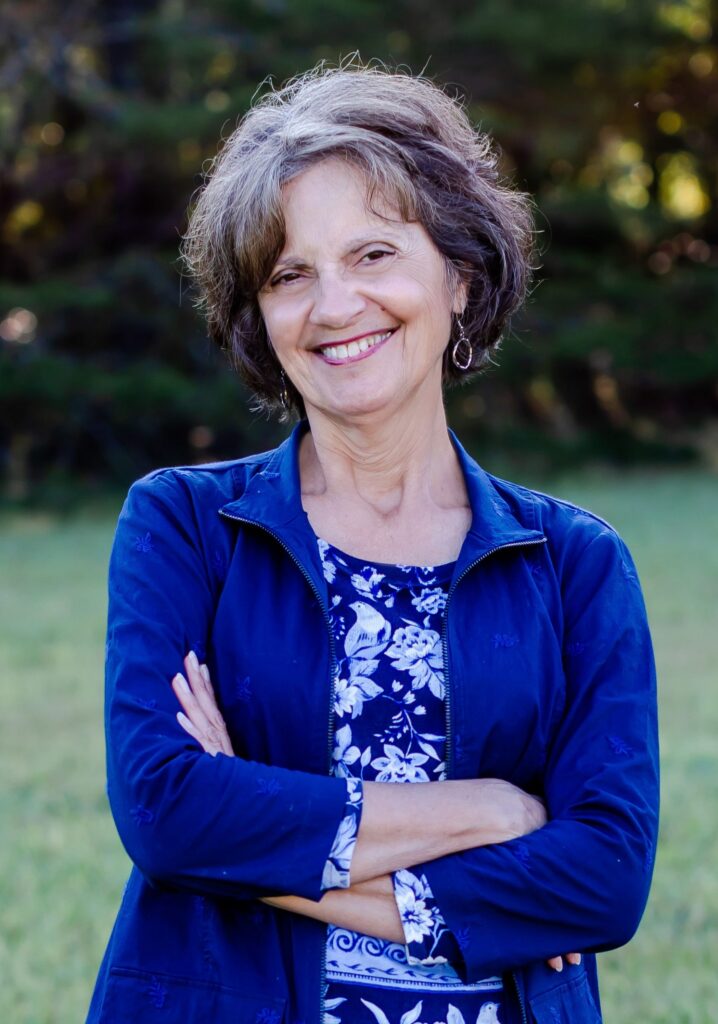
What churches get wrong, and how churches can help – 5/08/24
Podcast: Play in new window | Download (Duration: 12:42 — 17.4MB)
Subscribe: Apple Podcasts | Android | Email | RSS
Churches Can Help in the Pornography Crisis
Sam Black joins Martha Manikas-Foster for this “Inside Out” podcast on successful ways churches are helping those ensnared by pornography. Black is the author of The Healing Church: What Churches Get Wrong about Pornography and How to Fix It.
 A lot of Christians use pornography.
A lot of Christians use pornography.
“Two-thirds of the men in the Church — and a third of women in the church — say they have an ongoing struggle with pornography,” reports Sam Black, who has walked his own journey to healing. He is the author of The Healing Church: What Churches Get Wrong about Pornography and How to Fix It.
He says that churches that default to a purity talk to fight pornography need a better plan.
“They already know they need to be pure,” he says. “They just can’t seem to get the gorilla off their back.”
The way that people who struggle with pornography find hope is in community, Black says. They need brothers and sisters, in a safe environment within distinct parameters, to come alongside them on the walk to freedom. “What I want to encourage you with is, through a safe place and a safe process, living in freedom is absolutely possible,” he says. “You need to press into it to get it.”
But because pornography is tenacious, you won’t solve it alone.
“With this encouragement, I also have to offer some caution: you don’t find freedom on your own,” he says. “Trying harder and leaning on your willpower and your resolve never lasts. You must involve others. And that’s why we have the Body of Christ.”
A free chapter of Sam Black’s book is available for download.


























